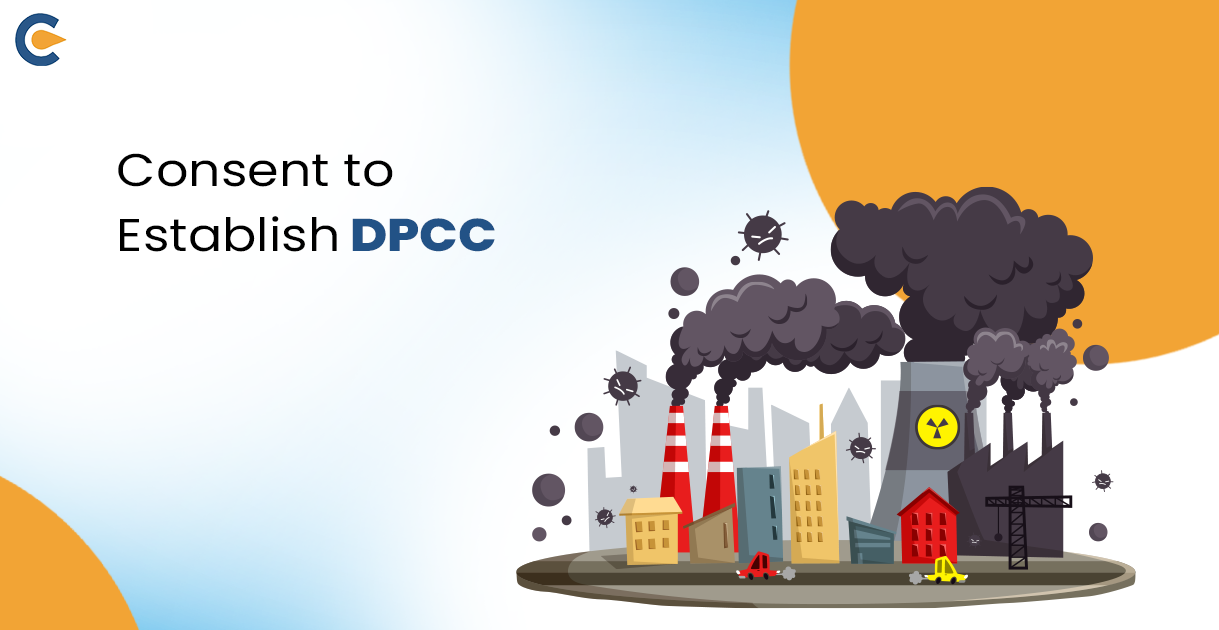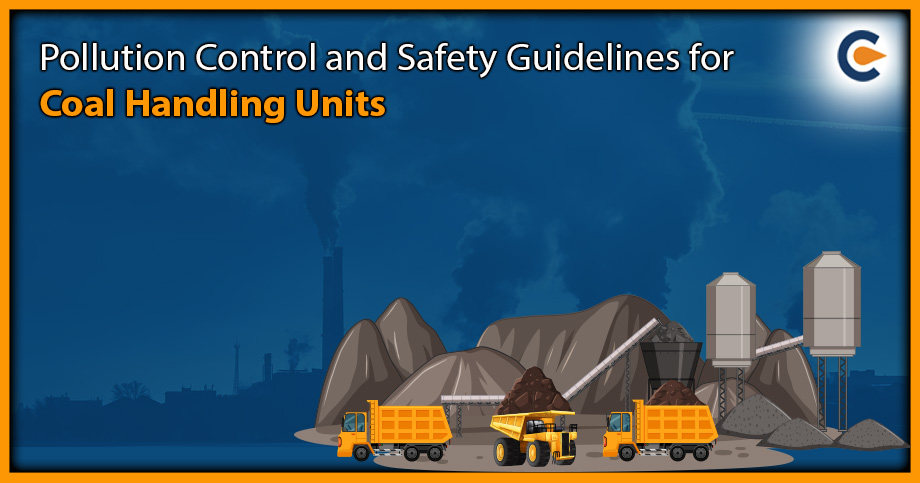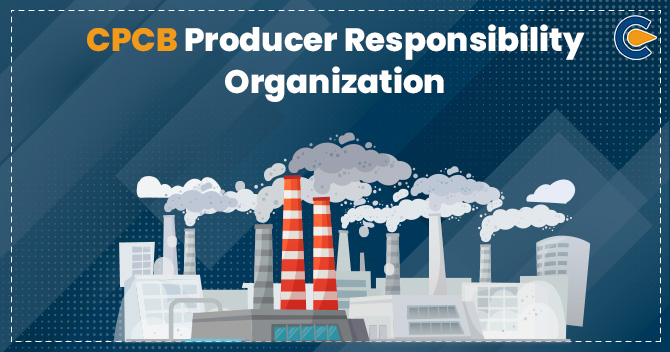Delhi Pollution Control Committee Consent, or DPCC Consent for short, is a legal authorization needed by companies and industries doing business in Delhi, India, to make sure they follow all applicable environmental laws and rules. Establishments that have a chance to produce pollution must obtain DPCC consent; this certifies that the company complies with environmental regulations and has taken the appropriate steps to reduce its environmental effects.
In order to preserve environmental standards and long-term viability in the capital of the country, the DPCC Consent procedure entails routine inspections, monitoring, and evaluation of a company’s environmental practices and pollution control measures.
Any manufacturing business operating in India is required by law to obtain consent from the State Pollution Control Committee/Board under various environmental legislations, such as the Water (Prevention & Control of Pollution) Act, 1974, and the Air (Prevention & Control of Pollution) Act, 1981, as well as the E-Waste (Management) Rules, 2016, Hazardous and Other Wastes (Management & Transboundary Movement) Rules, 2016, Bio-Medical Waste Management Rules, 2016 and Plastic Waste Management Rules, 2016.
DPCC Consent to Establish: Meaning
The main license needed for setting up your industry is called Consent to create (CTE). Industrial units can create and install machinery and plants in accordance with requirements once they have obtained Consent to establish a Certificate from the Pollution Control Board. According to The Water (Prevention & Control of Pollution) Act of 1974 and The Air (Prevention and Control of Pollution) Act of 1981, you must acquire consent to establish an NOC from the DPCC before you may open for business. Obtaining CTE from the relevant State Pollution Control Board (DPCC) prior to the start of operations is required. The application must be submitted in the proper format, together with the necessary payments and documentation, and it must be inspected after that.
Delhi Pollution Control Committee consent to establish is the abbreviation for DPCC CTE. The DPCC grants permits to commercial and industrial organizations in Delhi to start new projects or expand existing ones. Any new business or expansion of a current operation that can have the potential to generate pollution requires the authorization of the DPCC consent to establish.
To guarantee that every new industrial or commercial facility in Delhi complies with environmental laws and doesn’t contribute to pollution, the DPCC consents to establish it before opening. A comprehensive assessment of the establishment’s possible environmental effects is part of the DPCC’s consent to establish a process, as is the filing of a comprehensive project report outlining the steps that will be taken to reduce and manage pollution.
Any new business or expansion of an existing one that could possess the potential to create pollution must have DPCC consent to establish it. It guarantees that the facility complies with environmental laws and doesn’t produce more pollutants. The permit outlines the requirements that must be fulfilled for the facility in order to maintain pollution control during both construction and operation. Penalties or legal action may follow non-objection of the DPCC consent to establish permission or non-compliance with the permit’s requirements.
One of the most important instruments for reducing and managing pollution in Delhi is the DPCC’s consent to establish. It guarantees that newly opened businesses and the growth of already-existing ones adhere to environmental laws and do not produce more pollution. By supporting the adoption of clean technology and making sure that the establishment’s activities are compliant with environmental requirements, it also supports sustainable growth.
Objectives of DPCC – Delhi Pollution Control Committee
- Monitor and Inspect industries:
To make sure that industries and other polluting operations adhere to pollution control standards, the DPCC inspects and monitors them. Industries that defy the standards and rules for pollution management face harsh consequences from the committee.
- Encourage the promotion of sustainable development:
The DPCC encourages the use of environmentally conscious methods and technology in order to foster sustainable development. Along with encouraging sustainable growth, the committee also supports the use of energy from renewable sources to lower pollution levels.
- Carry out research and development:
The DPCC carries out research and development to create new technologies and enhance pollution control methods. In order to further environmental protection research and development, the committee works with various organizations and institutes.
- Ensure adherence to environmental laws:
The DPCC is responsible for ensuring adherence to environmental laws and regulations. When companies or industries break environmental rules and regulations, the committee takes strong action against them.
- Keep track of and regulate pollution levels:
The DPCC’s main goal is to keep an eye on and regulate Delhi’s pollution levels. This covers contamination of the air, water, and noise. To make sure that pollution levels are within allowable bounds, the DPCC establishes pollution regulations and recommendations for businesses and other polluting activities.
- Grant pollution control certifications:
Businesses and industries that adhere to the committee’s established pollution control standards are granted pollution control certificates by the DPCC. The certification shows that the business or industry respects the environment and does not have a negative impact on the general public or the environment.
Advantages of DPCC Consent to Establish
The DPCC’s name implies that its primary goals are pollution control and creating a clean, safe habitat for biotic organisms. The following points have been used to assist in discussing its merits.-
- Development that is sustainable entails expansion without endangering the environment. The DPCC advocates for the same idea. Together with ecological and social progress, it fosters financial growth.
- The Delhi Pollution Control Committee works to reduce pollution and maintain a safe, clean environment. As a result, our natural resources are secure from depletion and are shielded from dangerous pollutants. The DPCC prevents the depletion of natural resources in this way.
- The Delhi Pollution Control Committee works to protect the environment while also educating the public about the safe and responsible usage of various products. In essence, it encourages using paper bags, CFLs, public transportation, and refraining from setting firecrackers on fire.
- The Delhi Pollution Control Board encourages object reuse and recycling. They will both contribute to trash management. Waste management is essential because it disperses waste, contaminates the environment, and endangers living things.
- To minimize harm and ensure the safety of the environment, the DPCC encourages the use of low-energy devices.
Industry Types as per DPCC
The four sections that the Delhi Pollution Control Committee divided the industry into are covered in the sections that follow. The industry’s potential for contamination is the basis for this classification. White category, red category, green category, and orange category are their four categories. The details of the aforementioned industry categories are provided below:
- White Category: The White Category idea was first presented by the government in 2016. In essence, it divided the industries that pollute the least from the others. Since these industries don’t produce any pollution, they don’t need a consent certificate from the DPCC. However, this does not imply that they will disregard the DPCC’s guidelines. The sole pollution index for these businesses is 0-20. The least contaminated industry is regarded as being in the white category.
- Green Category: Compared to white-category businesses, green-category industries have a higher pollution score. It has a 21-40 pollution index. Due to their polluting nature, starting and operating in such enterprises requires a permission certificate from the DPCC.
- Orange Category: The sectors in the Orange Category have an even higher pollution index (41-59) than the industries in the Green Category. Without the Delhi Pollution Control Committee’s permission certificate, they are unable to perform their duties. One needs to obtain approval from the DPCC before starting and running an industry.
- Red group: The most polluting industries fall under this group of businesses. Such industries are prohibited from operating in areas designated for environmental preservation. This category of industries will include those that are toxic and dangerous by nature. As per the laws and regulations of the Delhi Pollution Control Committee, industries classified as Red Category are prohibited from operating inside the jurisdiction of Delhi. They have an extremely high pollution index above 60 and cause significant environmental impact.
Who Requires DPCC Consent to Establish?
The following industries required DPCC consent to establish:
- Entities that are into solid waste management
- Entities that are into E-waste management
- Traders
- Industries that deal with hazardous waste management
- Establishments that are into health care facilities
- Manufacturing industries
- Entities that are into the management of plastic waste
- Entities that are into the management of bio-medical waste management
- Entities that are into the management of battery waste
Which Industries are Prohibited for DPCC Consent to Establish?
According to the office order issued by the Member Secretary of the DPCC on April 17, 2017, industries classified as White will not need to submit an undertaking to the DPCC and receive consent in order to establish or operate under the Air and Water Acts. In accordance with the categorization of industries and activities, the applicant must provide the DPCC with an undertaking certifying that its operations are classified as white-category activities.
The endeavour under the “white” category of industries/units is applicable to those establishing/operating in areas that have been approved for industrial use, redevelopment, or confirmation in accordance with the Delhi-2021 Master Plan. Nevertheless, it is forbidden for industries classified as red to operate within Delhi’s borders.
DPCC Consent to Establish: Vital Documents
Many vital documents are to be compiled and attached with the application to obtain the DPCC consent to establish. The below list mentions the vital documents that are required for DPCC consent to establish:
- For the DPCC’s approval and NOC, a well-completed application form is needed. The application form is available in the office or on the DPCC website.
The aforementioned documents are necessary for CTE:
- Documents pertaining to the lease or land ownership.
- A thorough report on the project that covers the capability suggested actions and industry type.
- A site plan that displays the industry’s location, the access road, and the arrangement of the equipment and plants.
- Industries in the red and orange categories must submit an EIA report.
- NOCs from various government agencies, such as the municipal corporation, the power board, and the fire department.
- A report detailing the pollution management strategies that will be used to reduce the negative effects on the environment.
It is essential to remember that the precise documentation needed may change based on the industry and the classification it belongs to.
DPCC Consent to Establish: Procedure for obtaining the consent
The process of obtaining DPCC consent to establish is as follows:
- Ascertain the industry category
- The first step in the process of establishing DPCC consent is to identify the industrial category.
- Red, Orange, Green, and White are the four categories into which the DPCC divides industries according to how likely they are to produce pollution.
- There are requirements unique to each category in order to receive a DPCC NOC.
- File the Consent to Establish (CTE) Application
- The next step in the process of obtaining DPCC consent is an application for Consent to Establish (CTE), which must be submitted to DPCC as the second step.
- Information on the intended activities, the industry’s capacity, and its location should all be included in the application.
- In order to reduce the impact on the environment, the applicant should additionally include information on the pollution control measures that will be put in place.
- Environmental Impact Assessment (EIA) investigation
- The next step in obtaining DPCC consent to establish is the Environmental Impact Assessment (EIA), which is necessary if the industry is classified as red or orange.
- The planned activity’s possible environmental impact is evaluated by the EIA report, which also suggests mitigating actions.
- The research should be carried out by a certified consultant, and the applicant should send the report to the DPCC.
- Ask other authorities for No Objection Certificates (NOCs).
- Before the application for the DPCC consent to establish is submitted, the applicant must first get No Objection Certificates (NOCs) from other agencies, such as the municipal corporation, fire department, and energy board, before obtaining a DPCC NOC.
- These NOCs are needed to make sure that the industry complies with all applicable safety and operational norms.
- Installing an online monitoring system
- The next step in the process of obtaining DPCC consent is the installation of Online Continuous Emission Monitoring Systems (OCEMS) and Online Effluent Monitoring Systems (OEMS) mandated for industries falling under the Red and Orange classifications, respectively.
- These technologies give the DPCC real-time data while continually monitoring the pollutants and effluents released by the industry.
- Report on measures taken to reduce pollution
- In the next step of the process of obtaining DPCC consent, the applicant is required to provide the DPCC with a thorough report on the pollution control strategies used by the sector.
- The equipment installed, the procedures used, and the steps made to reduce the impact on the environment should all be covered in depth in the report.
- Regularly carry out environmental audits.
- Acquire the DPCC NOC
- Upon fulfilment of all prerequisites, the candidate may submit an application for DPCC NOC.
- In order to confirm compliance with environmental standards, DPCC will investigate the site and validate the information submitted by the applicant.
- The DPCC will give the industry the NOC if everything is determined to be in order.
Conclusion
In conclusion, every new enterprise in Delhi, or the extension of an existing one, has to acquire DPCC CTE permission. It guarantees that the establishment complies with environmental standards, encourages environmentally friendly growth, and aids in reducing and managing pollutants in the city. To confirm the project’s viability, DPCC reviews the report and visits the location. The DPCC grants the CTE permit, which outlines the requirements that must be fulfilled during the institution’s construction and operation if the facility satisfies its environmental criteria.
Frequently Asked Question
If the project proponent requests it, the Consent to Establish timeframe may range from one year to seven years. However, the Red/Orange Category of Industries will only be awarded a 5-year consent to operate, whereas the Green Category of Industries will receive a 10-year consent to operate.
In essence, the DPCC grants a license known as a “DPCC Licence,” which is a no-objection certificate guaranteeing that the planned or already-existing corporate organization will not negatively impact the environment or society.
A consent to establish or consent to operate certificate is a document that identifies the authorization that the Board’s regulatory authority has issued. This authorization permits the release of air pollutants into the environment as well as the discharge of effluent (trade or sewage effluent) into a well, stream, sewer, or land.
However, the Red/Orange Category of Industries will only be awarded a 5-year consent to operate, whereas the Green Category of Industries will receive a 10-year consent to operate.
Any organization involved in operations that have the potential to produce industrial or commercial waste must apply for both CTE and CTO using Form I of the State Pollution Control Committee.
Delhi Pollution Control Committee (DPCC) is a self-governing organization.
Individuals or organizations must submit an application to the relevant State Pollution Control Board in order to receive permission to establish and operate. Please submit this application together with the required paperwork and scrutiny costs. Usually, the State Pollution Control Board’s web interface is used to make the submission.
Applying to the appropriate State Pollution Control Board with the required paperwork and scrutiny fees is the first step in the process of obtaining permission to create and operate. Usually, the online site of the State Pollution Control Board is used to complete this application.
For a duration of three to five years, the State Board will grant permission to create (CTE/CFE).
According to DPCC regulations, certain generic papers- the list of which is provided above- are the same for all four categories of businesses, but there are also some unique documents that are specific to a particular industry.
The DPCC needs around thirty days to respond to a request for authorization to establish or operate. Depending on the application’s complexity and the accessibility of the necessary papers, the processing time may change.
No, the industrial units situated in non-conforming zones do not have permission from the DPCC. Non-conforming areas are those that are too close to sensitive regions, residential areas, or water bodies to be used for industrial activity.
Read our Article: How To Obtain DPCC Consent From The Delhi Pollution Control Committee?











